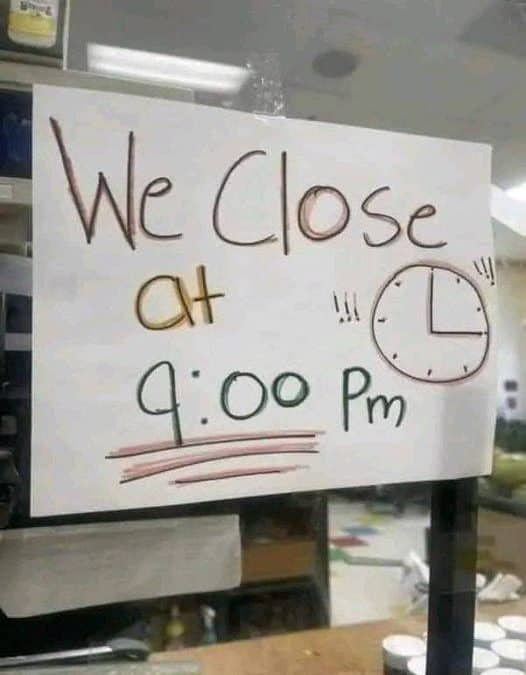A presidential debate that mostly ignored housing issues, a growing disenchantment with homeownership and an effort to repopulate the villages of rural Italy. From the wild and wooly world of real estate, here are our Hits and Misses for the week of June 24-28.
Miss: A Bizarre Evening. Anyone hoping for insight on how President Joe Biden and former President Donald Trump will address the ongoing challenges facing the housing market were certainly disappointed with last night’s CNN presidential debate. While moderator Jake Tapper deserves credit for acknowledging that “typical home prices have jumped more than 30%” since Biden took office, the president offered no solutions but made inane comments about rent caps preventing “corporate greed” while claiming “corporate operations” created a new era of racial segregation in housing. He also insisted that he “provided for the idea” of a $10,000 tax credit for first-time homebuyers, which has yet to be approved by Congress. As for Trump, he said nothing about housing. Oh well, there’s another debate in September – maybe then we’ll have real answers from the candidates.
Miss: Too Little, Too Late. On Wednesday, the Department of Housing and Urban Development announced $85 million in grant funding for the Pathways to Removing Obstacles to Housing (PRO Housing) program, which is designed to lower housing costs and remove barriers to affordable housing production and preservation. Two days earlier, the Department of the Treasury offered a slate of initiatives that included the launch of a program administered by the CDFI Fund to provide an additional $100 million over the next three years to support the financing of affordable housing. All of this sounds wonderful, but it doesn’t address the current problems. And why did the Executive Branch wait until days before Biden’s debate with Trump to acknowledge the fact that affordable housing has been disappearing over the last three years?
Miss: A Dream Deferred? One of the most disturbing stories of the week involved a new survey published by Santander Holdings USA Inc. that found 81% of middle-income respondents complaining the high cost of housing is a major financial issue, while half of the respondents (51%) believed homeownership is not a requirement to be financially prosperous – in comparison, only 27% of respondents believed it was. If this polling is correct, the concept of homeownership as the American Dream hasn’t been this frayed since the Great Recession.
Hit: A Digital Nyet. A bizarre story this week involved the notorious Russian ransomware group LockBit, which claimed it hacked the Federal Reserve. LockBit made the claim on Sunday on its data leak site, insisting in was in possession of “33 terabytes of juicy banking information containing Americans’ banking secrets” while claiming it would release the central bank’s data by Tuesday if its demands were not met. Tuesday came and LockBit shared what it hacked – according to CyberNews.com, the online rogues “posted 21 separate links, containing files of what appears to be parent directories, torrents, and compressed archive files belonging to another U.S. financial institution, Evolve Bank and Trust.” That’s not exactly the “juicy banking information” tied to the nation’s central bank, so let’s be grateful the hackers were all bark and almost no bite.
Hit: Not Feeding the Bears. Kudos to Illinois voters who don’t believe their taxpayer money should be used to build a new stadium for the Chicago Bears. A survey commissioned by Crain’s Chicago Business found a two-to-one majority of Illinois voters were opposed to the $4.6 billion stadium as proposed by the team – which only offered to cover 70% of the total stadium cost. And for once, politicians are listening to their constituents – the Illinois legislature made no effort to discuss the stadium funding in its recently concluded session. The team is reportedly pursuing a Plan B by trying to convince the suburban village of Arlington Heights at the site a former horse racing track – but whether the village officials are willing to cover any of the costs for a new stadium remains to be seen.
Hit: Ciao, Tuscany! Italy’s Tuscany region is offering cash incentives between $10,000 to $32,000 for people to move into its underpopulated rural towns and villages. According to the initiative’s website, the incentives are designed “to favor and encourage the repopulation and socio-economic revitalization of mountain areas, acting in contrast to the marginalization of these areas.” There are plenty of strings attached to this offering, including the issuance of a residence permit “lasting no less than 10 years.” While this effort is not likely to spur a sudden migration to rural Tuscany, it was great promotion that generated worldwide attention and put the region into the media spotlight.
Phil Hall is editor of WRE News. He can be reached at [email protected].
Photo courtesy of Anthony B. Sanders















